What does Cultural Capital Mean at St Bridget's Catholic Primary School?
Every child and family who joins our setting will have their own knowledge and experiences that will link to their culture and wider family. This might include... languages, beliefs, traditions, cultural and family heritage, interests, travel and work.
Cultural capital is the accumulation of knowledge, behaviours, and skills that a child can draw upon and which demonstrates their cultural awareness, knowledge and competence; it is one of the key ingredients a child will draw upon to be successful in society, their career and the world of work. Cultural capital promotes social mobility and success. Cultural capital gives a child power. It helps them achieve goals, become successful, and rise up the social ladder without necessarily having wealth or financial capital. Cultural capital is having assets that give children the desire to aspire and achieve social mobility whatever their starting point.
At St Bridget’s Catholic Primary School, children benefit from a flexible curriculum that builds on what they understand and know already. We believe that exposure not only to culture but also to situations in which the children might not have previous experiences of, is of paramount importance to their ongoing successes.
Gradually widening children’s experiences as they progress through school is an important step in providing rich and engaging learning across the curriculum. We plan carefully for children to have progressively richer experiences in Nursery and beyond. These include visitors to school and trips to Tullie House, the Beacon, Wood Matters, Whinlatter, places of worship, sports and music venues just to name a few.
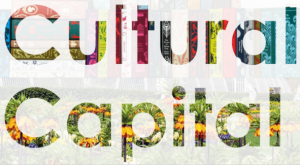

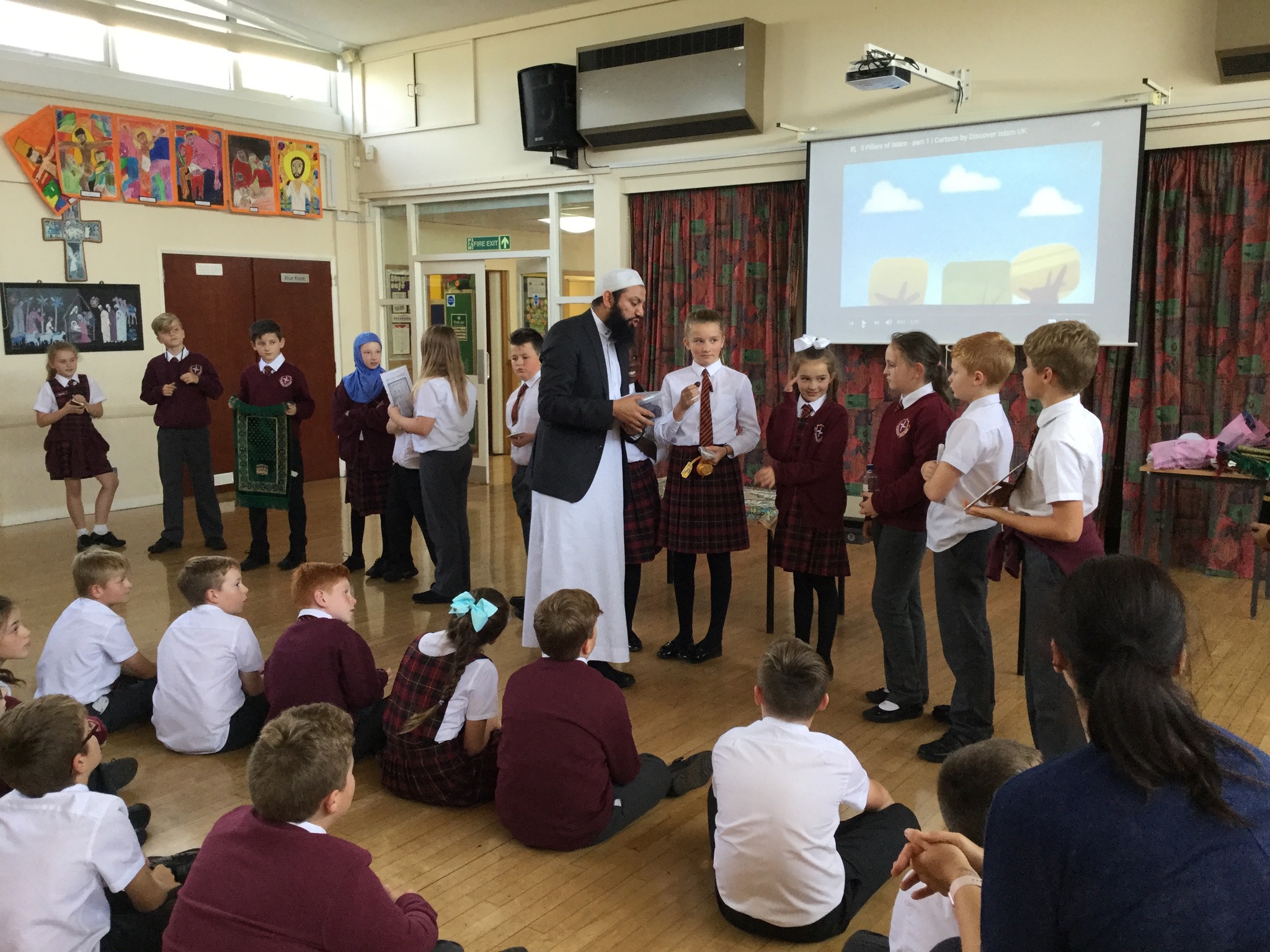
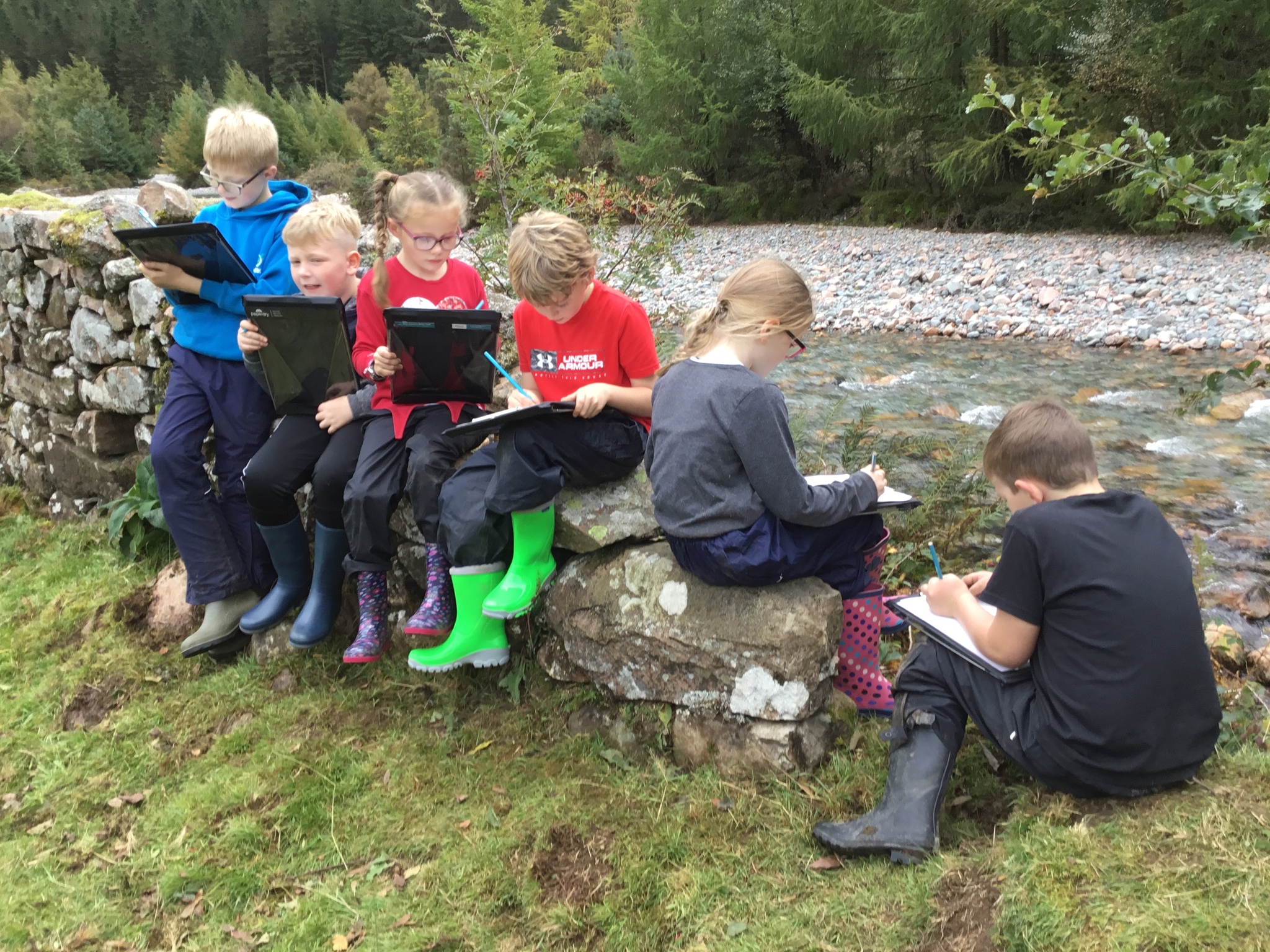
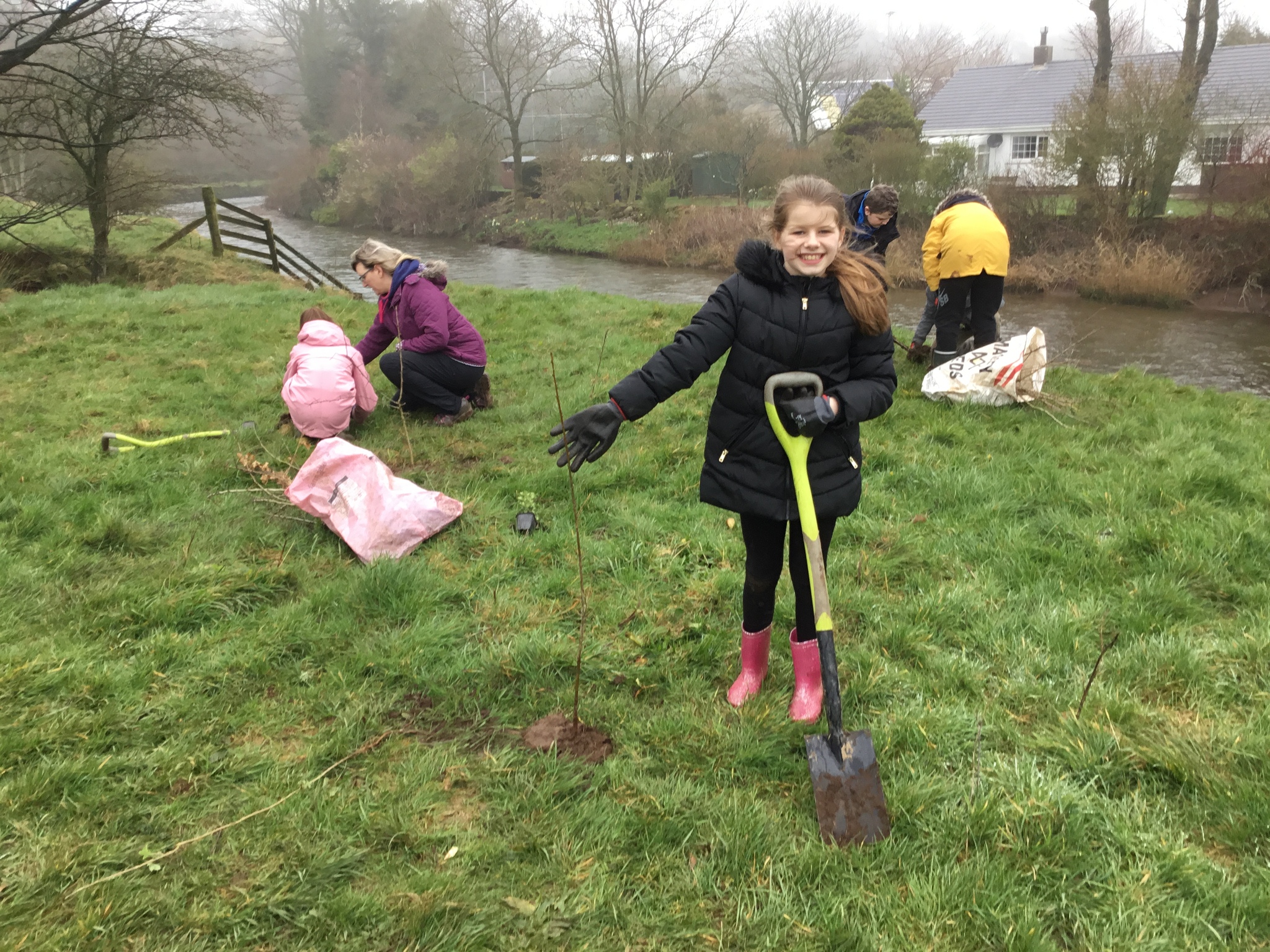
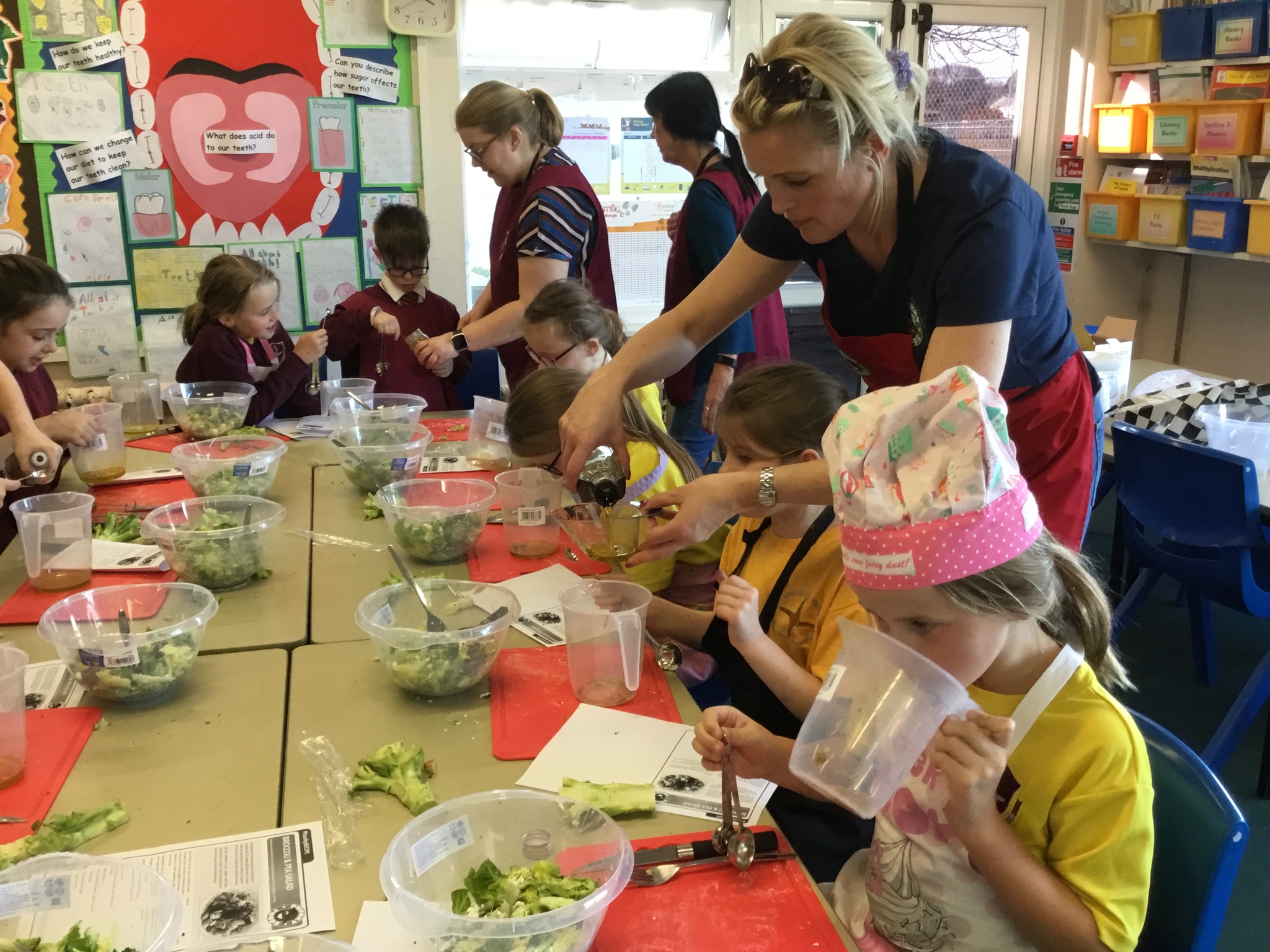
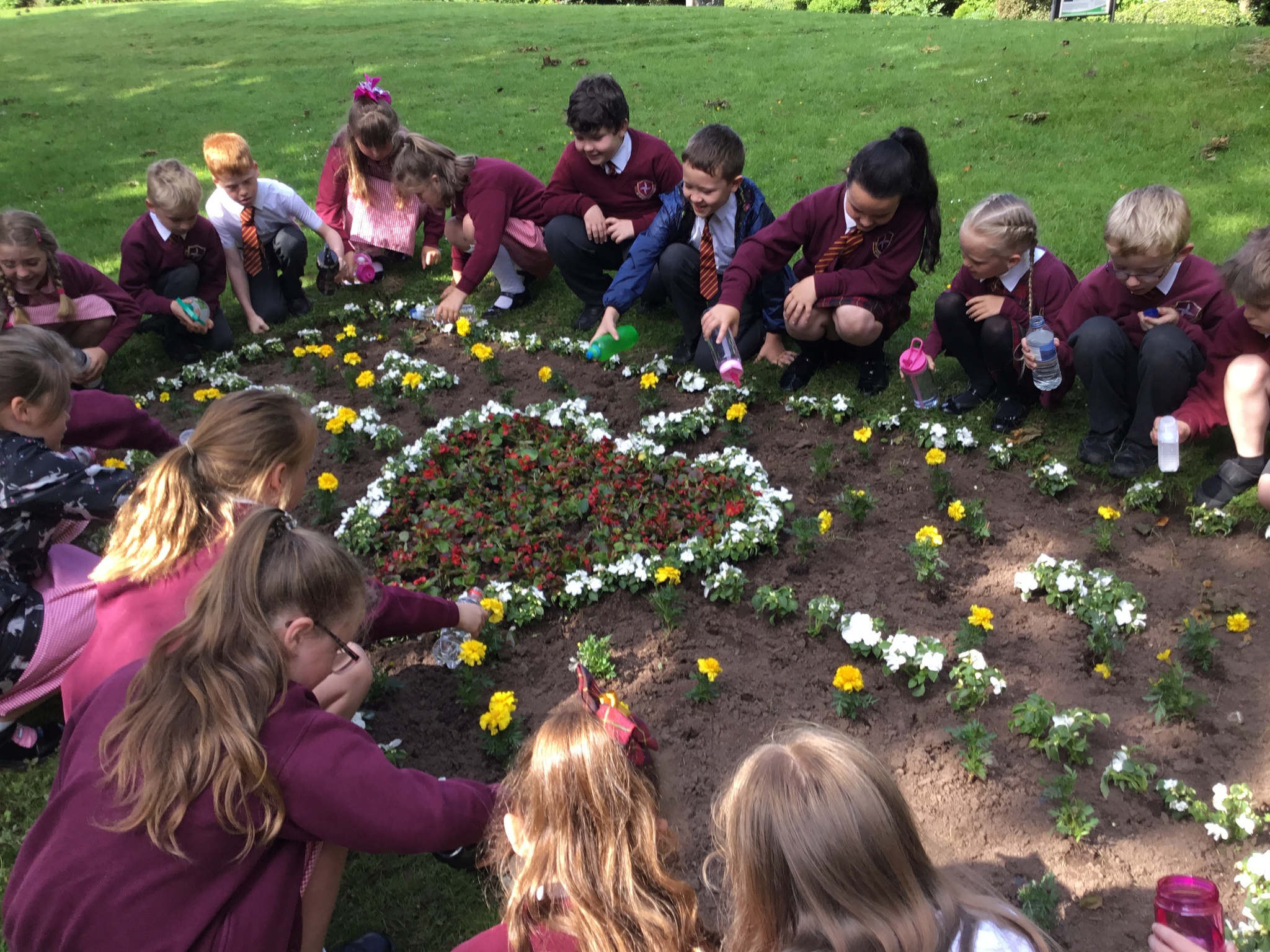

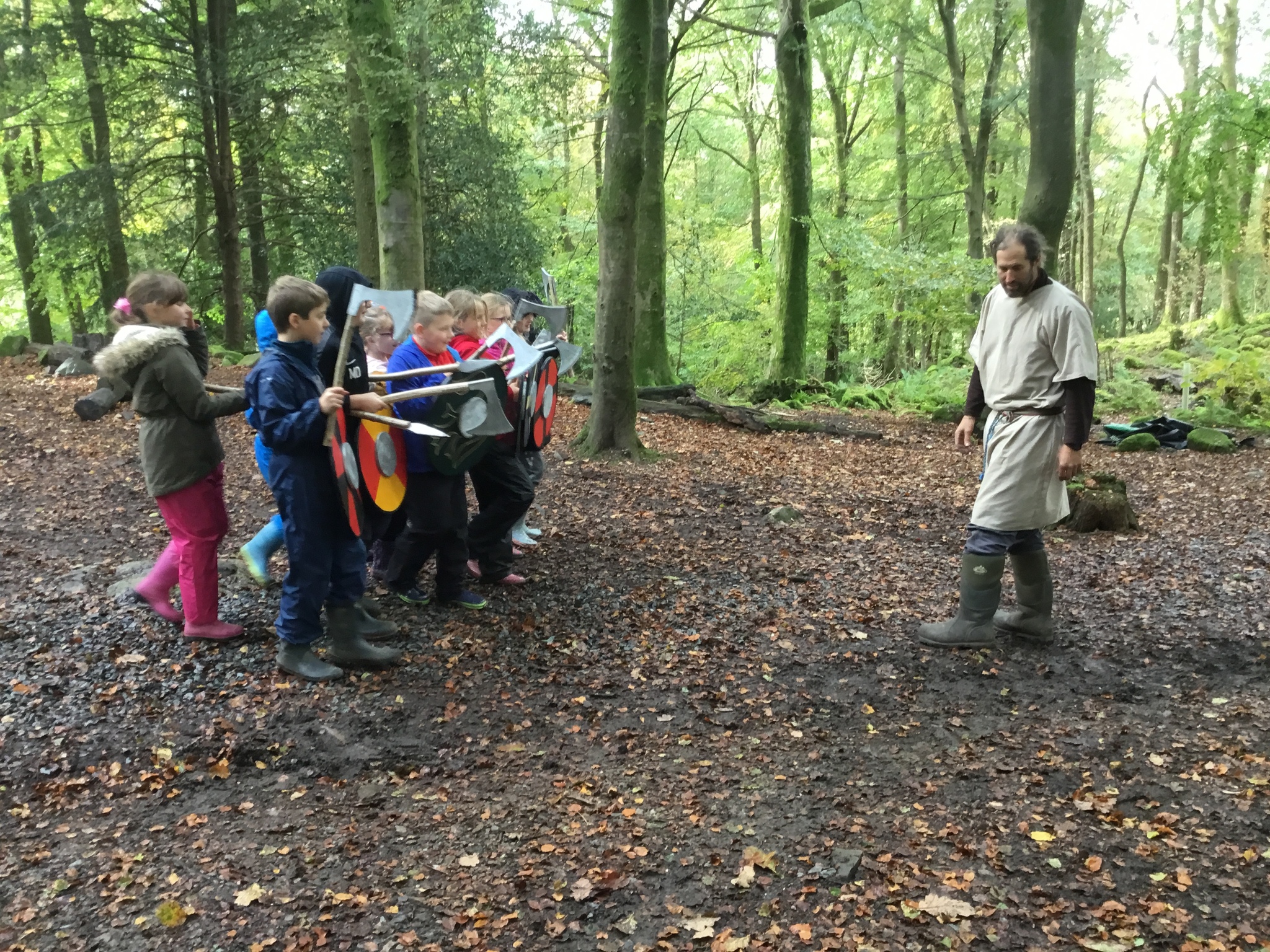
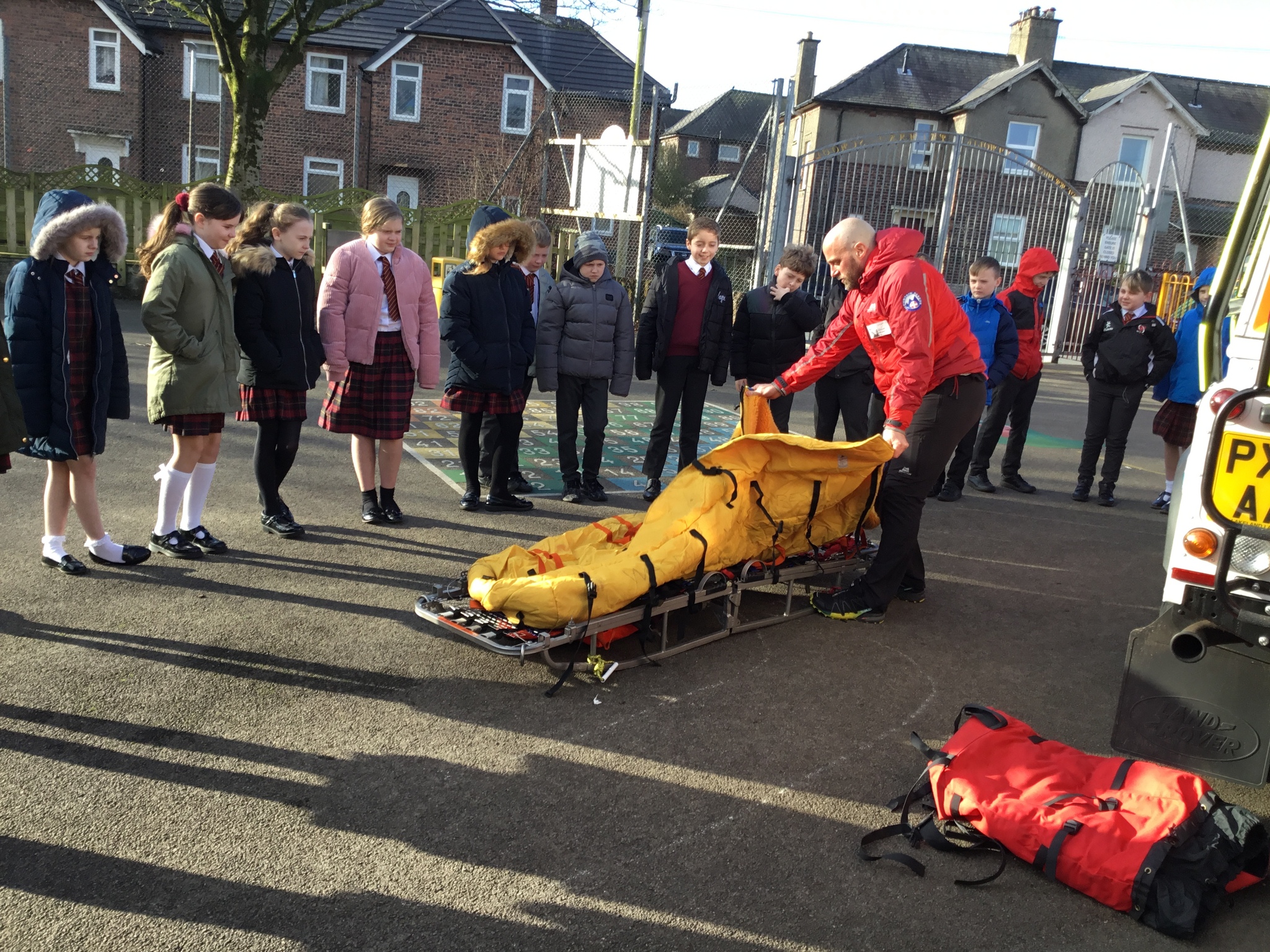
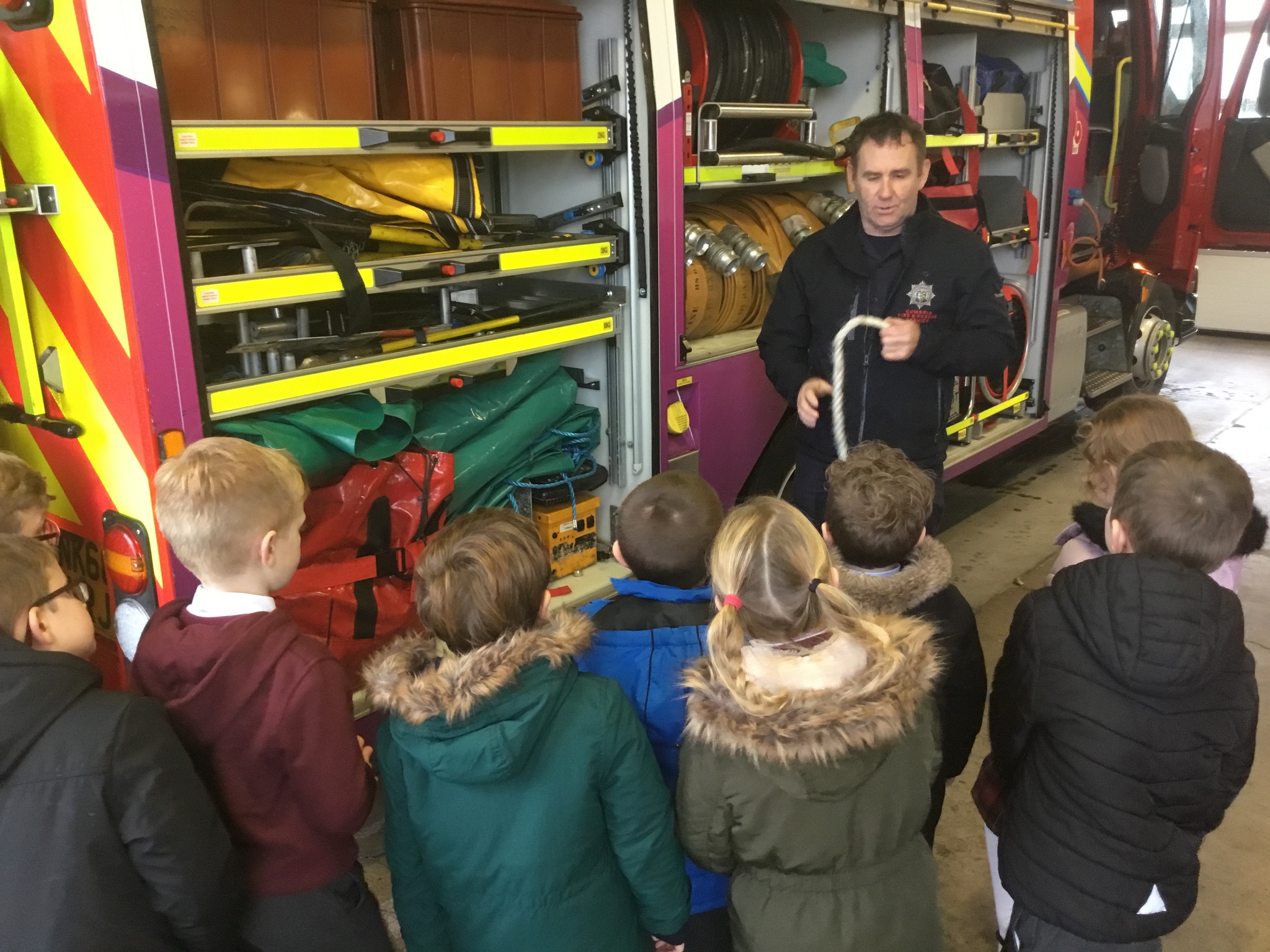

.png)